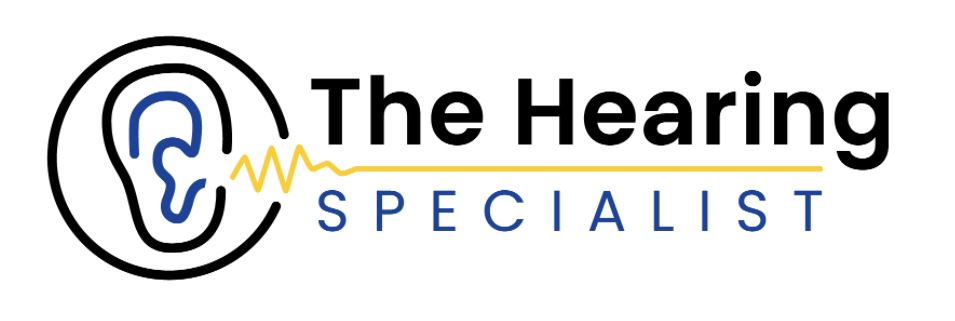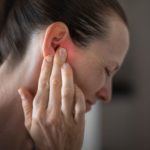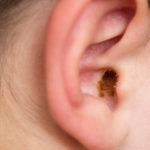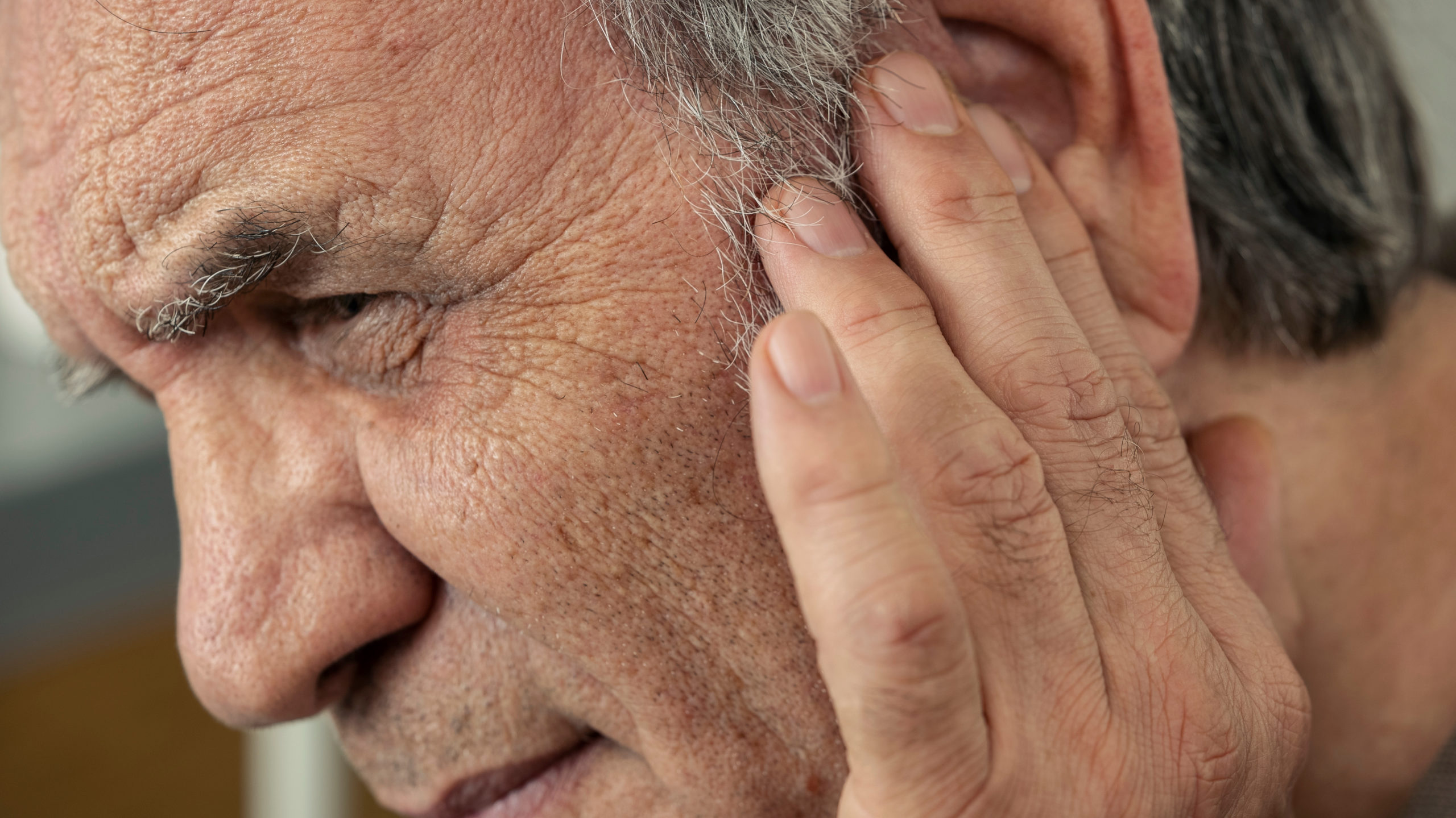Have you ever considered how important you’re hearing is to your overall health? Many of us are often guilty of taking our hearing for granted, but what if you were told that neglecting your hearing could affect your social life, mental health and physical health?
Hearing loss often creeps up on us unnoticed, diminishing our ability to connect with the world around us. Nevertheless, with a few simple everyday habits, you can protect your hearing health for years to come.
In this blog, we will discuss a few simple tips that can help you protect your hearing for longer.
Protecting your ears from loud noises
Did you know that exposure to loud noises is one of the leading causes of permanent hearing loss and tinnitus? In today’s world, we are constantly surrounded by noise, whether it be busy traffic, concerts or household appliances. Whilst we often don’t notice the sounds around us, prolonged noise exposure can have a lasting impact on our hearing.
One of the easiest ways to know if sounds around you are too loud is to pay attention to how your ears feel afterwards. If you have ever experienced ringing in your ears after a concert (tinnitus), it is often a clear indication that you have been exposed to potentially damaging noise levels, and the longer you are exposed to these levels, the greater the risk of hearing loss. To minimise overexposure to loud noises, consider keeping the volume low when listening to your music through headphones or speakers. If you are a frequent concertgoer, sports enthusiast, or even work in a noisy environment, it is recommended to invest in high-quality earplugs that will provide you with essential hearing protection without compromising your listening experience.

Maintaining good ear hygiene
Many people mistakenly believe that cotton buds are the best tool for removing earwax. Yet, using them often does more harm than good, pushing the wax deeper into your ear canal and causing blockages that can impair your hearing or even damage your eardrum.
What many don’t realise is that our ears are naturally self-cleaning. Earwax plays a necessary role in protecting the ear by trapping dirt and bacteria before they can reach deeper into the ear canal. So, should you clean your ears? Ideally, no, your ear canals don’t require cleaning. However, some people may produce excess earwax, causing them discomfort or even distorted hearing. In such cases, it’s important to remove the ear wax safely. Instead of using cotton buds, try rinsing your ears gently with warm water while showering, making sure they are thoroughly dried afterwards. If the issue persists, the safest and most effective solution is to book an appointment with an audiologist for professional ear wax removal.
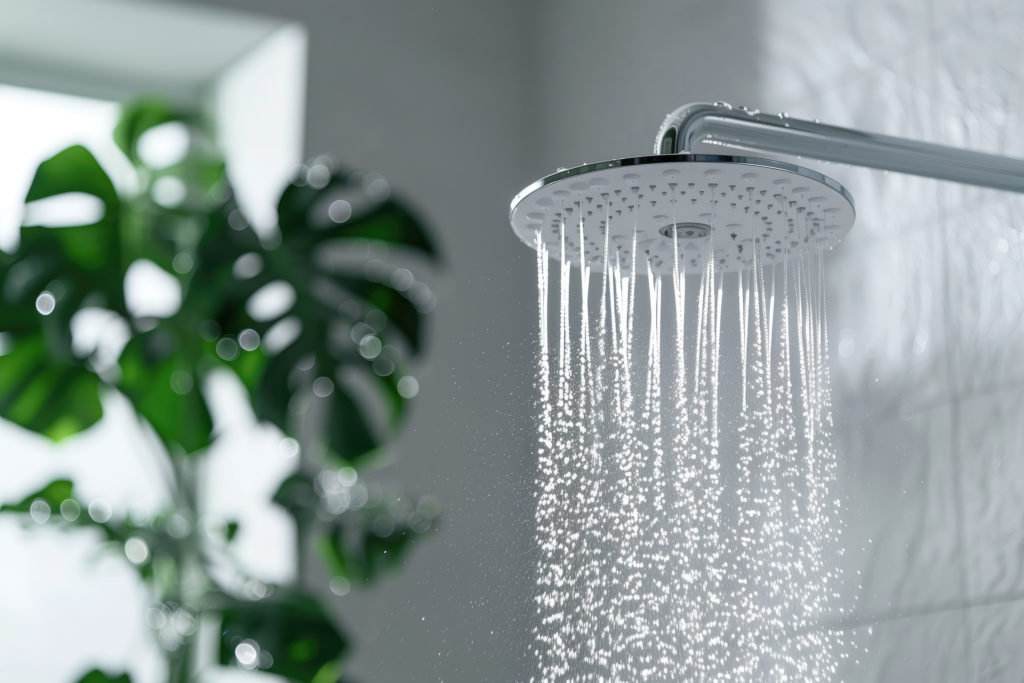
Give your ears time to recover
Your ears are constantly processing sound, even while you sleep, which is why it’s so important to give them time to recover. Prolonged exposure to loud noise can overload the delicate hair cells in your inner ear that transmit sound signals to your brain. Once these cells are damaged, they cannot regenerate.
Taking short breaks from noisy environments every couple of hours can significantly reduce strain on your ears, helping to preserve your ability to enjoy your favourite music and events further down the line.
If you have been exposed to extremely loud noise levels, such as a fireworks display or a concert, consider spending the following day in a quieter environment to allow your ears to recuperate.

Improving your diet
You’re probably aware of the impact dietary choices have on your overall health, but are you aware of the impact diet has on your hearing?
Potassium is a key nutrient that helps regulate fluid levels in the inner ear. As we age, potassium levels naturally decline, which can contribute to age-related hearing loss. To maintain a balanced intake of potassium, incorporate foods such as bananas, oranges, spinach, and potatoes into your meals.
Folic acid is another essential nutrient that supports hearing by aiding the production of red blood cells, which are essential for sustaining proper circulation to the ears. Good sources of folic acid include leafy greens such as spinach, broccoli, and asparagus.
Magnesium has been shown to help protect against noise-induced hearing loss by acting as a barrier for the delicate hair cells in the inner ear. Foods rich in magnesium, such as artichokes, bananas, spinach, and potatoes, should be included in a well-balanced diet.
Finally, Omega 3 fatty acids, a type of good unsaturated fat, are known for their anti-inflammatory properties and have been linked to a lower risk of age-related hearing decline, improving communication between the brain and the auditory system. Excellent sources of Omega-3s include fatty fish such as salmon, sardines, and mackerel, as well as flaxseeds and walnuts.

Regular hearing check-ups
When was the last time you had your hearing tested? Many people underestimate the importance of regular hearing check-ups, often assuming that hearing loss is only a concern for the elderly. However, hearing loss can develop gradually, making it difficult to notice until it becomes a significant issue.
Routine hearing tests can help detect early signs of hearing decline, allowing timely intervention. Early diagnosis and treatment can reduce the risk of cognitive decline, help prevent further hearing loss, and identify potential medical conditions linked to auditory health.
Audiologists generally recommend that adults over the age of 60 have annual hearing tests, particularly if they have been exposed to industrial noise or have noticed any changes in their hearing. Younger adults should consider having their hearing checked every three to five years to monitor any subtle changes that might otherwise go unnoticed.
If you are concerned about changes in your hearing, our friendly and professional audiologists and hearing specialists are here to support you. Book an appointment with us today and take the first step towards healthier hearing.
